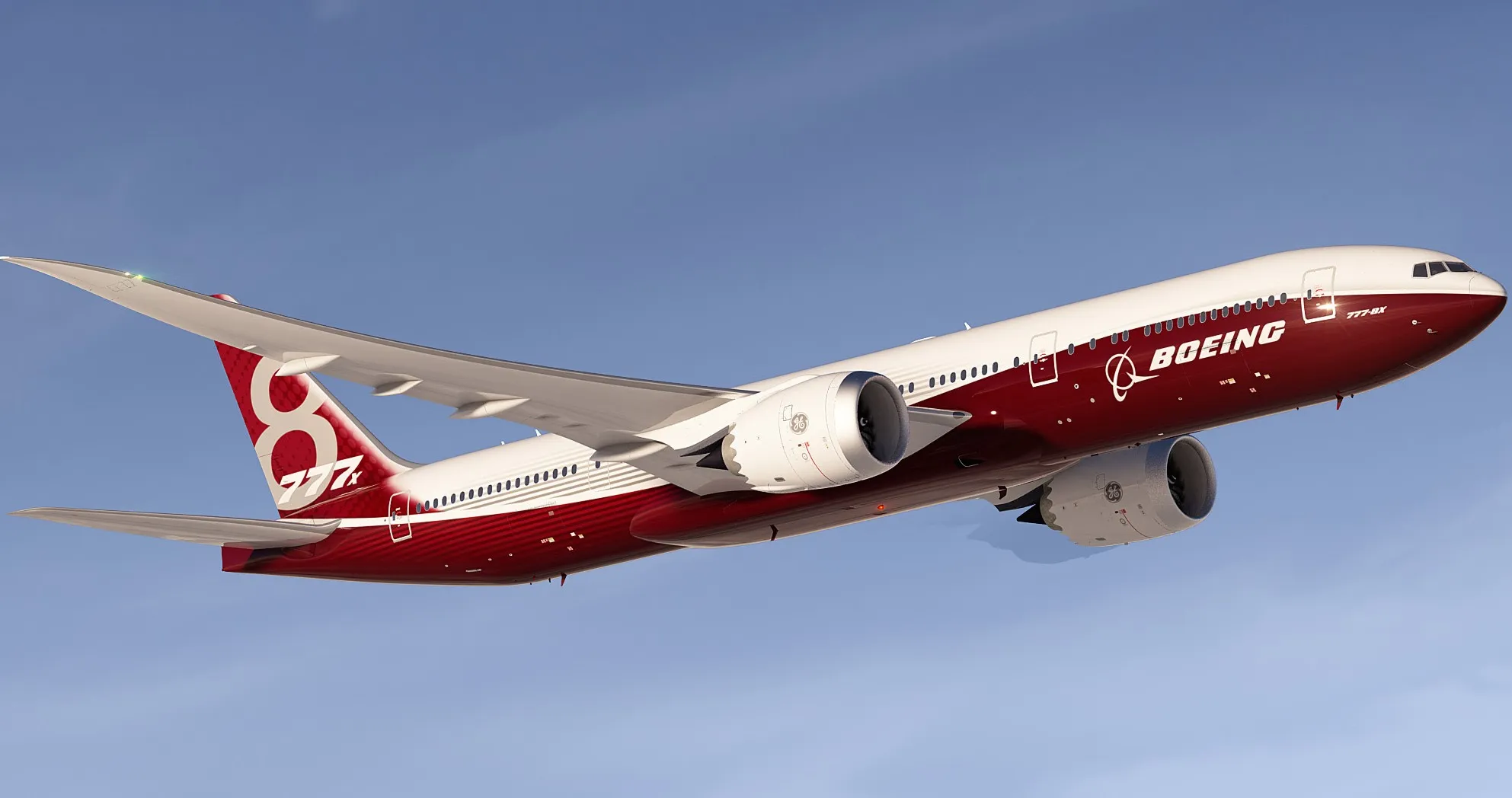
Boeing very close to meeting Qantas Sunrise requirement
Dec 05, 2017

Boeing is on the verge of fulfilling Qantas' ambitious Sunrise project requirements, which aim to establish non-stop flights connecting Australia to various international destinations. The aircraft manufacturer has been optimizing its designs and technology to ensure that its planes can meet the rigorous demands of long-haul travel, including fuel efficiency and passenger comfort. With advancements in aerodynamics and engine performance, Boeing's latest models are positioned to provide the range and reliability Qantas needs for this groundbreaking initiative. The collaboration between the two companies signifies a significant step toward revolutionizing air travel and enhancing connectivity for Australian travelers.
Boeing is on the brink of meeting the stringent requirements set by Qantas for its ambitious Sunrise Project, which aims to provide ultra-long-haul flights. As the aviation industry continues to evolve, this development marks a significant milestone for both Boeing and Qantas. With the demand for non-stop international travel increasing, the partnership between these two giants could redefine long-distance flying.
Understanding Qantas Sunrise Requirements
The Qantas Sunrise Project is designed to enhance passenger travel experiences on ultra-long-haul flights. The requirements include advancements in fuel efficiency, cabin comfort, and overall flight safety. Boeing has been working diligently to align its aircraft technology with these expectations, recognizing the importance of innovation in the current market.
| Requirement | Boeing's Solution |
|---|---|
| Fuel Efficiency | Boeing has invested in advanced aerodynamics and lightweight materials. |
| Cabin Comfort | Implementation of innovative cabin designs and modern amenities. |
| Flight Safety | Incorporation of state-of-the-art avionics and safety systems. |
By focusing on these key areas, Boeing is positioning itself as a frontrunner in the ultra-long-haul market. The company’s commitment to sustainability and passenger comfort aligns perfectly with Qantas's vision, creating a solid foundation for future collaboration.
The Role of Technology in Meeting Requirements
Boeing has made considerable strides in technology development, particularly with its latest aircraft models. The introduction of the 787 Dreamliner and the upcoming 777X are prime examples of how Boeing is addressing the demands of airlines like Qantas. These aircraft feature cutting-edge technology that enhances both performance and passenger experience.
For instance, the 787 Dreamliner incorporates composite materials that reduce weight and improve fuel efficiency, crucial for long-haul routes. Additionally, the aircraft's advanced engine technology significantly lowers emissions, aligning with global sustainability goals.
Collaboration and Future Prospects
The collaboration between Boeing and Qantas is not just a business arrangement; it's a partnership aimed at revolutionizing air travel. As Qantas seeks to expand its international offerings, Boeing's ability to meet the Sunrise requirements will play a pivotal role in the airline's strategy.
| Aspect | Impact on Qantas |
|---|---|
| Cost Savings | Improved fuel efficiency leads to lower operational costs. |
| Market Competitiveness | Enhanced passenger experience attracts more customers. |
| Brand Reputation | Commitment to sustainability boosts brand image. |
With these advantages, Qantas is poised to strengthen its position in the competitive airline market. The successful implementation of Boeing's technologies will not only benefit Qantas but also set a precedent for other airlines considering similar routes.
Challenges Ahead
Despite the promising developments, challenges remain. The aviation industry is experiencing a rapid transformation, with increasing competition and changing consumer preferences. Boeing must ensure that its innovations not only meet Qantas's requirements but also adapt to future industry trends.
Moreover, regulatory challenges and the ongoing impact of global events can affect timelines and project implementations. Boeing’s ability to navigate these challenges will be crucial in maintaining its competitive edge and fulfilling Qantas's Sunrise Project goals.
Conclusion
In summary, Boeing is very close to meeting the Qantas Sunrise requirements, a move that could significantly enhance the future of ultra-long-haul air travel. By focusing on key areas such as fuel efficiency, cabin comfort, and safety, Boeing is positioning itself as a leader in the aviation industry. The collaboration with Qantas not only promises to improve operational efficiency but also aims to elevate the passenger experience to new heights.
As both companies work together towards this goal, the aviation world watches with great interest. The potential impact of Boeing's advancements on Qantas’s operations could set the stage for a new era in air travel, making long-distance journeys more accessible and enjoyable than ever before.
Related Articles

Explore Thailand: The Best Islands to Visit for Paradise, Adventure, and Relaxation

The Ultimate Guide to the Best Islands in Thailand for Your Next Getaway

Do babies need passports? How to get a passport for a newborn

How to get a U.S. passport fast: here’s how to expedite the process

What is Mobile Passport Control: 5 reasons why you should use it

SENTRI vs. Global Entry: A detailed guide

Do you need a passport to go to the Bahamas? Let’s find out

Do you need a passport to go to Mexico? A detailed guide

Do you need a passport to go to Canada? We got the answer

Do You Need a Passport for a Cruise: An Essential Travel Guide

Booster Seat Requirements: All the Rules to Follow in Your Rental Car

What Are the World’s Most Powerful Passports, and How Does Yours Rank?

How to Take a Passport Photo at Home: A Helpful Guide

You've got to have heart! Southwest's new livery

Your opinion: Should water be free on low cost carriers?

Young women bolder than guys as solo travellers
